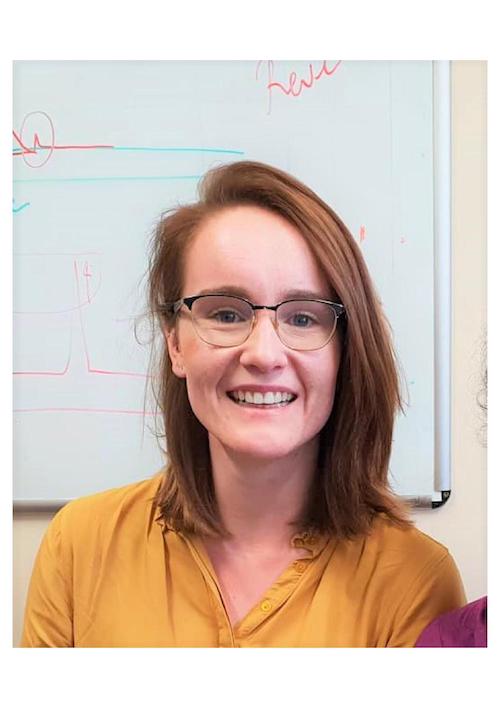Exploring Radiochemistry: A Career Journey as a Higher Research Scientist
Elsje van Es, Higher Research Scientist at Nuclear Metrology Group, National Physical Laboratory (NLP)
Can you explain your current job role?
The higher research scientist (HRS) role is varied throughout NPL and no two roles are the same. The commonality between HRS roles is that we are responsible and accountable for planning and delivering technical activities. We are expected to apply our specialist knowledge when contributing to innovative solutions for important challenges.
My specialist knowledge is in radiochemistry. Radiochemistry is a field of chemistry that specialises in the chemistry of radioactive elements. I am involved in many projects relating to industries that use radioactive elements. These industries include nuclear energy, nuclear medicine, environmental protection, and defence and security.
My role requires me to remain up to date on developments in radiochemistry and to communicate these both internally and externally to ensure services provided by NPL remain world-leading and relevant to the industry.
My role allows me to work collaboratively, internally and externally, to extend our capability and the application of radiochemistry. A part of my role that I really value is supporting the training and development of junior scientists. I am a mentor for the Postgraduate Institute for Measurement Science at NPL and we support PhD students affiliated with NPL - I really enjoy sharing my experience and knowledge. I also lecture in radiochemistry and nuclear metrology at multiple universities.
My time is split between the laboratory and desk. In the laboratory, you might find me developing and validating new methods or running measurements of samples. At the desk, I may be communicating with customers, updating internal documentation, or writing technical reports, proposals and papers.
So, how did you land your first job? Is it relevant to the job you are doing now?
My first technical job is the one I hold now as an HRS at NPL, which I applied for after completing my PhD. I did have a few low-entry, non-technical jobs throughout the university. I also volunteered as a Special Constable and served in Cambridgeshire Constabulary for a few years. Being a Special Constable didn’t provide any of the technical knowledge required to fulfil the role but it built many soft-skills which shaped my core personality including verbal and non-verbal communication, critical thinking, compassion, adaptability, initiative, resilience, courage, empathy, and respect.
How important are your qualifications vs your hands-on experience in your role?
My qualifications include a degree in Chemistry (2:1) and an MChem specialising in radiochemistry from Loughborough University (2013). I have a PhD in radiochemistry from the University of Surrey (2014).
The work carried out at NPL is very specialised and requires years of hands-on training. I was lucky to have spent my PhD based onsite at NPL meaning I started training for my current role prior to officially joining as a member of staff. This would not be the case for an external PhD student, although they would still develop key skills required for the role and demonstrate an ability to deliver technical research. Experience as a researcher at NPL can also be obtained through the apprenticeship scheme. We have many senior members of staff who have progressed within NPL using this route.
Any advice for jobseekers looking to get into your area of expertise?
Join relevant societies or institutes such as the Royal Society of Chemistry (specifically the Radiochemistry group) or the Institute of Physics.
Network, network, network. Attend open days, update LinkedIn, become active on ResearchGate and follow researchers in your area of interest.
Following journals such as Journal of Environmental Radioactivity, Journal of Nuclear Materials, Radiation Physics and Chemistry, Journal of Radiological Protection, Radiation Measurements, Radiochemistry and Metrologia.
If we’re getting super-specific there is a masters course at the University of Surrey on Nuclear Metrology which covers all aspects of our group at NPL.







